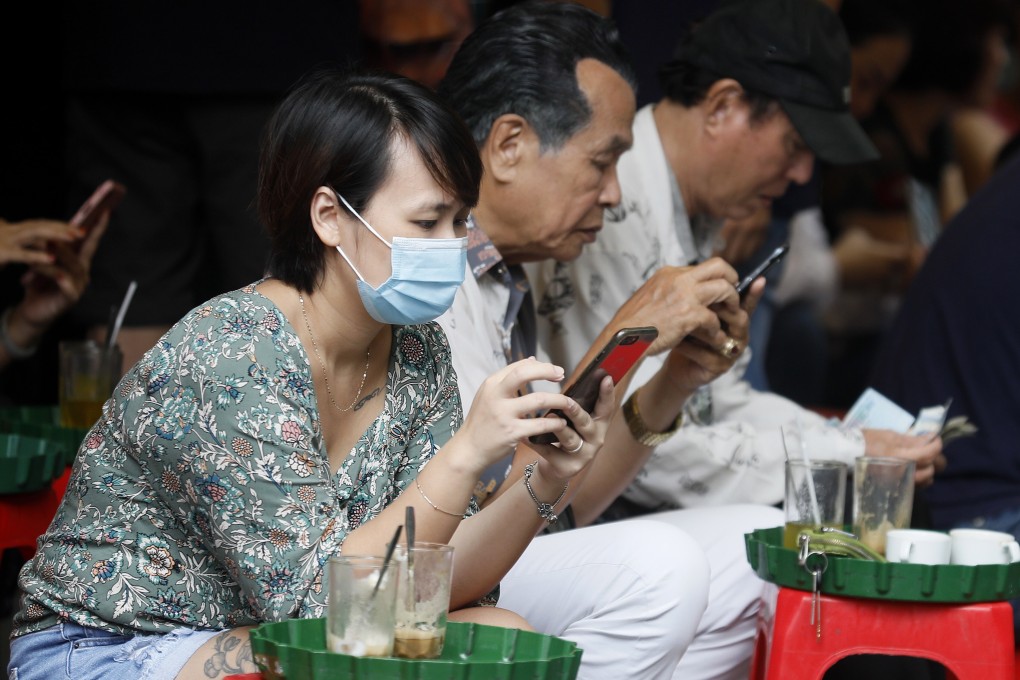Opinion | Vietnam’s coronavirus app Bluezone treads grey line between safety, privacy
- The relative success of Vietnam’s contact-tracing app has sparked concerns about the privacy of users
- But with high public trust in the government’s Covid-19 strategy, app users are wont to give authorities the benefit of the doubt

Rolled out in mid-April, Bluezone is among dozens of contact-tracing apps built globally to notify the public of any potential exposure.
Once downloaded, thanks to GPS or Bluetooth technology, these apps can access users’ personal information as well as the locations and the people they have been in contact with. Such contact histories will be shared with the authorities for the purpose of documentation.
This development is taking place against the global backdrop in which the global success of contact-tracing apps and the public trust in them have remained a major question.
Vietnam’s Bluezone is not an exception. It was launched at a time when Vietnam had almost succeeded in defeating the second wave of the pandemic, meaning the app has not got a chance to pass any smell test.
But almost right after the latest wave emerged in Vietnam, the authorities, including Prime Minister Nguyen Xuan Phuc, wasted no time in calling on the public to download the app.
The target is ambitious: 50 million active users out of a population of 97 million.
.JPG?itok=nq_vQfSn&v=1735769975)